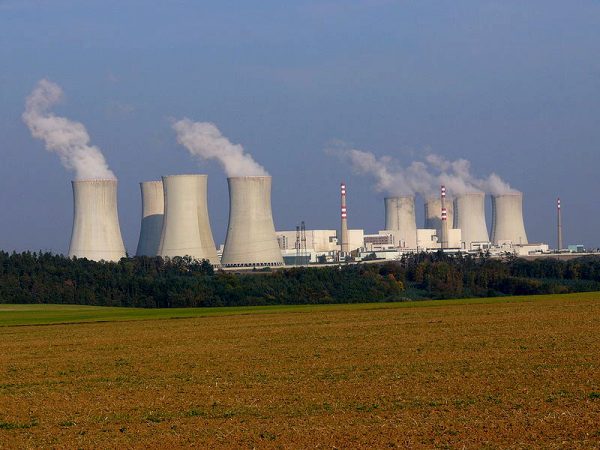On September 23, 2016, the Department of Justice announced it has intervened in a False Claims Act lawsuit against Energy & Process Corporation (E&P), of Tucker, Georgia. The lawsuit alleges that E&P knowingly failed to perform required quality assurance procedures and supplied defective steel reinforcing bars (rebar) in connection with a contract to construct a Department of Energy (DOE) nuclear waste treatment facility.
The lawsuit alleges that although the DOE paid E&P a premium to supply rebar that met stringent regulatory standards for the nuclear waste treatment facility in the DOE’s Savannah River site near Aiken, South Carolina, E&P failed to perform most of the necessary quality assurance measures, while falsely certifying that those requirements had been met. The lawsuit further alleges that one-third of the rebar supplied by E&P and used in the construction was found to be defective.
“The Department of Justice is committed to ensuring that construction suppliers who are paid a premium to meet high safety standards actually supply the goods and perform the work for which they are paid,” said Principal Deputy Assistant Attorney General Benjamin C. Mizer, head of the Justice Department’s Civil Division. “When contractors cut corners, they not only cheat American taxpayers, but they also can put public safety at risk, particularly when their misconduct affects a facility that houses and processes nuclear materials.”
The lawsuit was filed by Deborah Cook, a former employee of the prime contractor building the DOE facility, under the qui tam, or whistleblower, provisions of the False Claims Act. Under the Act, private citizens can bring suit on behalf of the government for false claims and the government may intervene in such lawsuits, as it has done in this case. If successful, the government can recover three times the amount the defendants fraudulently billed the government. The whistleblower, who originally filed the case, is entitled to 15-30% of the government’s recovery as well as their attorney’s fees.
Read the DoJ Press Release






Talk with an Expert
Frohsin Barger & Walthall
Call 205.933.4006 or
Send us a Message